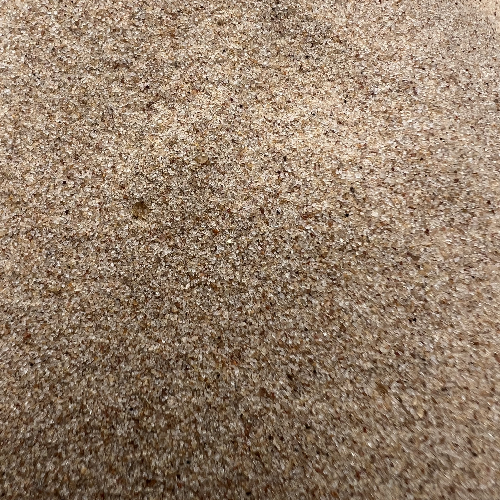REQUEST A QUOTE

Foundry Grade Silica
Shiv Minerals offers Foundry Grade Silica, a premium category silica sand that is precisely engineered to meet the exacting standards of the metal casting industry. Our foundry sand shows superiority in uniformity of grain size with high purity and exceptional physical and chemical properties, thus proving as an essential ingredient for producing superior quality metal castings. It is processed with care to retain its integrity, hence offering the best thermal conductivity, chemical inertness, and high resistance to thermal expansion-all qualities which are basically necessary to ensure good molding and casting performance in a number of foundry applications.
Our Foundry Grade Silica ensures even compaction and uniform mold density due to consistent grain size, hence giving high permeability and reducing the possibility of defects in casting, such as gas porosity, shrinkage, and sand inclusions. High refractoriness ensures resistance against extreme temperatures without any damage and makes the material particularly suitable for durable mold and core construction to resist extreme conditions of casting. Our foundry sand is suited to make both ferrous and non-ferrous metal castings such as iron, steel, copper, aluminum, and brass with great versatility and dependability across a wide range of foundry applications.
Applications
- Molding and Casting: It finds extensive applications in the preparation of molds and cores in the casting of both ferrous-like iron, steel, and non-ferrous metals such as copper, aluminum, brass.
- High-Temperature Applications: Molds are exposed to very high temperatures and can behave perfectly under those conditions due to high refractoriness, hence thermal stability during casting processes.
Advantages
- Optimum Thermal Conductivity: Assuring good heat flow in the process.
- Chemical Inactivity: Non-interaction with molten metal; integrity of the cast is maintained.
This would mean uniform particle size, prevent casting imperfections since there is assurance of consistency in the results. High refractoriness, resistance to thermal expansion: The high temperature would hence not affect its stability and durability, reducing mold failure rate.

